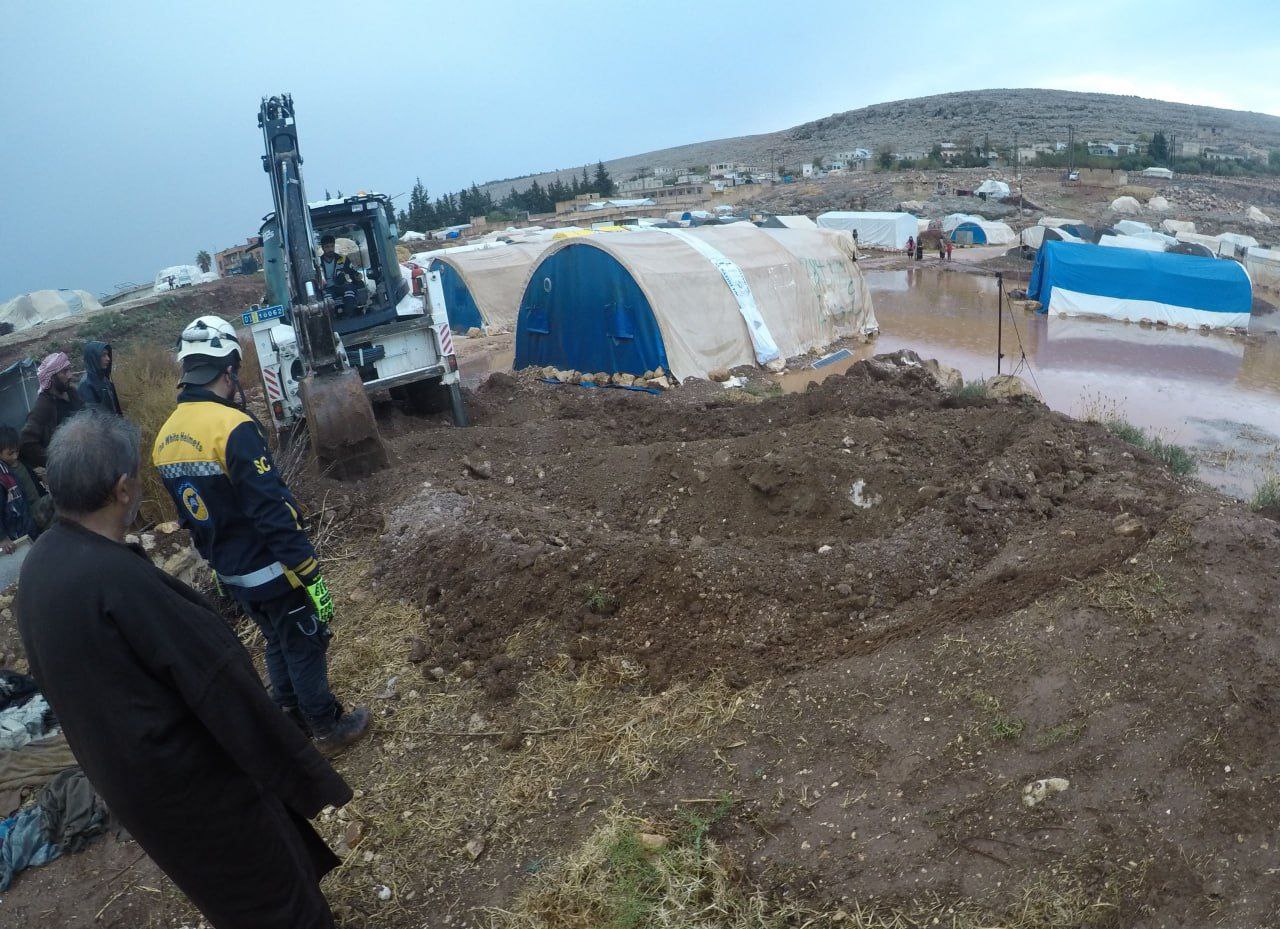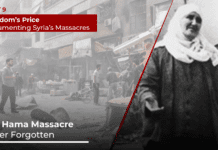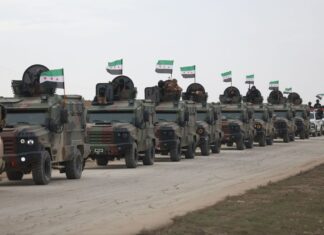
As the harsh winter season looms over Syria, recent rainstorms have brought a fresh wave of concern to a nation already struggling under the weight of economic hardship and displacement. Last night’s heavy rainfall flooded some homes and overwhelmed many communities in northwestern regions, including Idlib and Aleppo. The downpour extended from Idlib city to nearby towns such as Atma and Salqin, reaching Jandairis in Afrin’s southern region and northern Aleppo’s countryside. This led to material damage and left residents scrambling for assistance.
Reports indicate that homes in Idlib and its surrounding areas saw water leaking in, exacerbating many residents’ already precarious living conditions. The storm also triggered power outages and disrupted internet access, compounding the difficulties faced by those affected. Residents used using basic tools, including buckets and brooms, to clear water from their homes. Humanitarian organizations were called upon to intervene, as fears mounted over the potential repercussions on camp dwellers, particularly children.
The region’s displaced population, which makes up over 60% of northern Syria’s inhabitants, remains acutely vulnerable. Close to 2 million people live in camps for internally displaced persons (IDPs), while thousands continue to flee violence from both the Assad regime and attacks attributed to Israeli military operations in neighboring Lebanon. Many families rely on tents for shelter, which offer scant protection against inclement weather.
The rains added to the plight of displaced Syrians, inflicting significant damage on several temporary shelters. In northern Idlib, six shelters in Hamad Ammar camp, two in Anfal camp, and one in the Martyrs of Latamina camp in Atma were reported damaged. Additionally, early morning downpours affected tents in the Al-Joura camp, situated in the village of Al-Balaa in the Al-Rouj Plain area, west of Idlib. These incidents highlight the ongoing vulnerability of IPDs, many of whom live in inadequate conditions that offer little protection against severe weather.
There is also mounting concern that the first rain of the season signals the coming onset of winter. With thousands displaced daily and the cost of heating supplies like wood, diesel, and coal out of the reach of many, there are concerns about the impact this winter can have on a region facing ongoing attacks.
The situation leads many families to resort to burning low-grade fuels, synthetic coal made from the waste of primitive oil refineries and plastics, often salvaged from garbage and waste centers. Health experts, like Ahmed Mahna, have warned of the physical and psychological toll this crisis could exact. “The combination of rising fuel prices and declining purchasing power can lead to severe health impacts, particularly respiratory, kidney, and neurological diseases,” Mahna explained. The use of unsafe heating methods further heightens the risk, particularly among children and the elderly in displacement camps.
As winter’s chill threatens to deepen an already dire humanitarian crisis, Syrians are appealing to civil society and international aid organizations for urgent intervention. Their requests include affordable diesel fuel distribution and essential support for those in camps and informal settlements. For now, Syria braces for winter, a season that, for many, is less about the festive glow and more about survival in the shadow of economic collapse and conflict.








